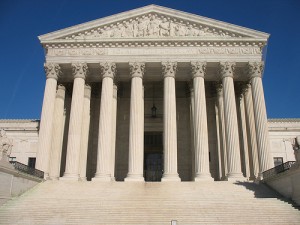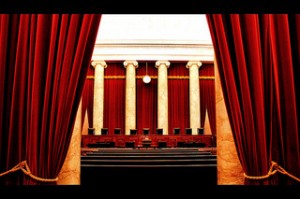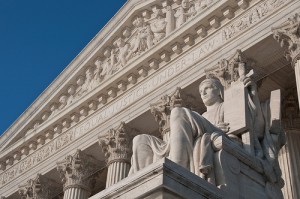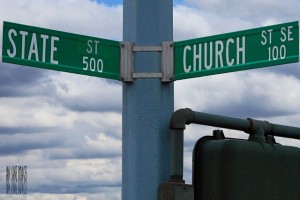Hotels in the Hot Seat: Supreme Court Accepts Hotel Registry Case
Posted
03 Nov 2014 in Case Notes
Cities and states from California to Maine have confronted the problem of hotels that are crime magnets. 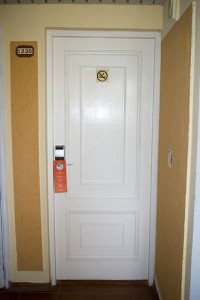 One solution that some evidence suggests effectively deters crime is ordinances or state laws that require hotels to keep detailed information about guests that are subject to police inspection. These ordinances and laws generally do not require police to obtain a warrant.
In Los Angeles v. Patel a Los Angeles ordinance requires hotel and motel operators to keep specific information about their guests and allows police to inspect the registries without warrants. Motel operators claim this ordinance is facially invalid under the Fourth Amendment.
The first issue the Supreme Court will decide in this case is whether facial challenges to ordinances and statutes are permitted under the Fourth Amendment.
One solution that some evidence suggests effectively deters crime is ordinances or state laws that require hotels to keep detailed information about guests that are subject to police inspection. These ordinances and laws generally do not require police to obtain a warrant.
In Los Angeles v. Patel a Los Angeles ordinance requires hotel and motel operators to keep specific information about their guests and allows police to inspect the registries without warrants. Motel operators claim this ordinance is facially invalid under the Fourth Amendment.
The first issue the Supreme Court will decide in this case is whether facial challenges to ordinances and statutes are permitted under the Fourth Amendment.




